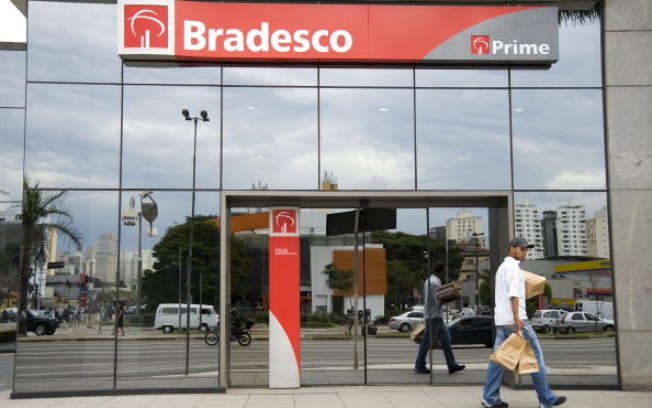RIO DE JANEIRO, BRAZIL – Bradesco’s first quarter balance served as a gauge of the impact that the coronavirus can have on the financial sector and, therefore, on the economy. The bank had its worst yield in 20 years, according to Bloomberg’s historical series.
The reason? The expected losses from default.
Expenditures on the provision for bad debt (PDD) reached R$6.7 billion in the first quarter. The amount was 68.5 percent more than the fourth quarter 2019 figure, an additional R$2.7 billion. The percentage of what the bank expects to lose in the quarter in relation to all outstanding loans increased from 2.6 to 4.1 percent.

The increase in expected defaults is the main factor explaining the institution’s profit drop of approximately 40 percent, in both the annual comparison and in relation to the previous quarter, to R$3.75 billion in January-March.
As a result, the return on equity, called ROAE and one of the most widely used indicators when it comes to banking, has dropped sharply: from 21.2 to 11.7 percent. Simplistically, it shows how much of the capital employed by the bank has actually turned into profit.
Anyone who thinks this is bad needs to be aware that it may worsen. Bradesco is aware of this and has already alerted to the fact. The first 15 days of the crisis in Brazil showed this, as the balance for the first quarter includes only two weeks of increased concerns over the pandemic.
The institution’s chairman, Octavio de Lazari, believes that the peak of the Covid-19 crisis will be worse than the 2008 and 2016 crisis. “This crisis does not affect specific sectors, but rather everyone.”
Credit and PDD behavior were the main topics of the teleconference meeting the bank organized to discuss the financial statements, conducted by the executive.
“Our experience with the crisis indicates that, discounting this initial moment of search for liquidity by companies, the demand for credit will drop and default will rise. This is only our best scenario. But it is quite possible that new adjustments will be required in the next quarters,” he said. Their magnitude will depend basically on science: whether there is medication and a vaccine to increase the population’s confidence and contain the damage to the economy.

